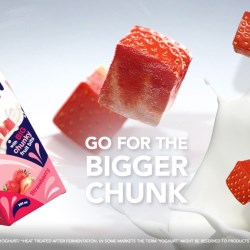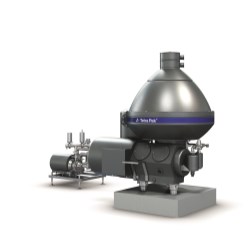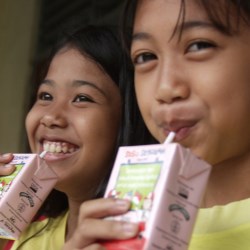If this is your company, CONTACT US to activate Packbase™ software to build your portal.
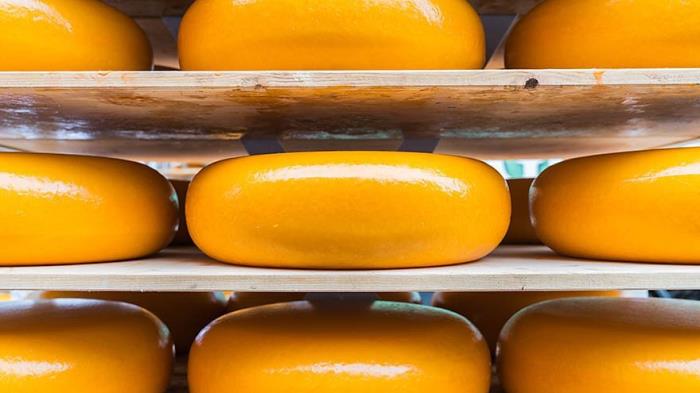

Proven solutions based on expertise and technology for Mozzarella, Semi-hard cheese, Cheddar and Fresh cheese production – as research reveals that a third of consumers have increased their cheese consumption during the pandemic
Tetra Pak announces the development of 14 new Best Practice Lines (BPLs) for cheese manufacturers, the latest of which – specifically customised for Cottage cheese – launched today. The other cheeses that will benefit from these BPLs include Mozzarella, Semi-hard cheese, Cheddar, and Fresh cheese production. Together, these cheese types make up 79% of all cheese volumes and have a CAGR forecast of 3% (2021-2025). Two of the new lines (Mozzarella and Cheddar) were recently previewed at the Global CheeseExpo (6-8 April).
Leveraging over 50 years of experience in the cheese category, the biggest dairy food segment in the world at 42% share (and more than 27Billion Kg), the new BPL concepts provide a complete production solution for customers, optimised to fit their needs. The processing lines utilise proven equipment combined with industry-leading expertise to create a safe and easy route to profitable cheese production with a higher yield, while incorporating the traditional cheesemaking techniques. The hygienic production process enables a longer product shelf life, as well as consistent and replicable quality. Sustainability is also a factor, with solutions focusing on reducing water, steam, and power consumption.
Fred Griemsmann, Vice President Cheese & Powder Systems at Tetra Pak says,
“Cheese is consumed on every continent around the world, and consumer appeal shows no signs of abating. In fact, it’s quite the opposite.
We’ve expanded and deepened our expertise and knowledge over the last decade, consolidated our proficiency and sites in the US, and recently invested €25M to create a world-class cheese production centre in Poland.
With 50 years of expertise, we are the only supplier for complete solutions from milk intake, cheese production, through to packaging. This provides us with a sophisticated toolkit that enables us to tailor solutions to be completely suited to the customers’ needs, and we are so confident in these new Best Practice Line solutions that they come with performance guarantees.”
Investing in Innovation
The most popular cheese is yellow cheese, accounting for a 34% share of the global cheese volume, and includes both hard and semi-hard cheese varieties. The Tetra Pak® draining belt portfolio provides continuous production of fused and stirred Cheddar and Pasta Filata cheese types. These enclosed belt systems are designed to automatically drain, acidify and texture, mill, salt and mellow cheese curd, similar to the traditional cheese method. Fines from whey are captured by a fines saver screen integrated in the belt machine maximising yield. This design allows for consistent curd production resulting in uniform acidity, moisture, salt concentration and loading rate.
The second most popular cheese category is Mozzarella. With a focus on yield improvement, product quality, and reduced environmental impact for the production of Mozzarella, the Tetra Pak® Cooker Stretcher DDA dry cooker uses a (patented) heated auger and dimpled heated jacket technology to heat the product indirectly resulting in higher fat retention in the final product. Employing nine independent heating zones with integrated ingredient addition capabilities, it offers producers unprecedented control of the cooking process.
Tetra Pak's draining and forming systems set the benchmark in the industry. The Tetra Pak Blockformer system - where curd is compacted in a series of vacuum and pressure relief cycles - employs an advanced design enabling it to run Parmesan cheese as well as Cheddar cheese. Meanwhile, Tetra Pak® Casomatic systems efficiently drain and form semi-hard cheese and promote high-quality whey production. These reliable systems maximise yield with a highly controlled process that eliminates weight and moisture variations in the final cheese product. The hygienic design enables long production runs and short cleaning cycles to optimise uptime.
Growing Consumer Appetite
COVID-19 has shifted consumer behaviours in many ways and cheese is no exception, with a third (36%) of consumers saying they have significantly increased their intake of cheese throughout the global pandemic. This is due, in part, to the fact that we are spending more time at home, providing us with increased opportunities to eat cheese, such as when watching TV (36%), with a drink (35%) or as a quick lunch (35%).
People are very attuned to the wellbeing benefits of cheese, acknowledging that it is healthy (56%), nutritious (51%) and high in protein (42%) and calcium (41%).
It is apparent that there is real demand from consumers to know the origins of their food, with an overwhelming majority (77%) expressing an interest in the process of cheese production, specifically the ingredients and where they are from (72%), where the product is made (52%), the heat treatments used (41%) and the sterile production (37%). Over a third (36%) also place particular value on environmentally friendly packaging.
Fred Griemsmann continues:
“Cheese has been an essential part of our diet for centuries and it is set to remain so for many years to come. People are becoming more adventurous in terms of taste and texture, and we have the facility to accommodate this, ensuring that there is no compromise on the overall quality of the end result.”


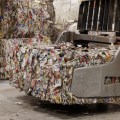
.png)


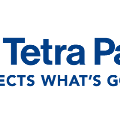
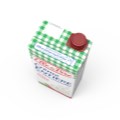
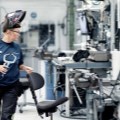


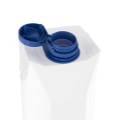
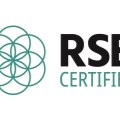





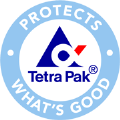
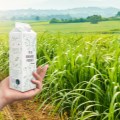
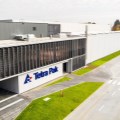


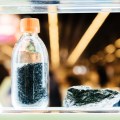



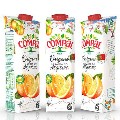

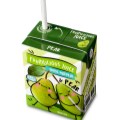


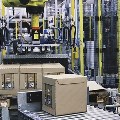





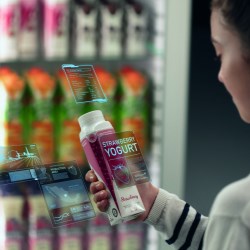


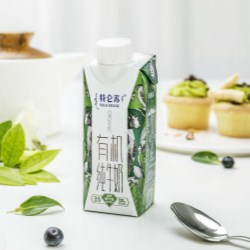

.jpg)
